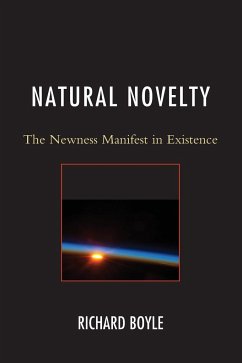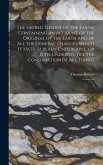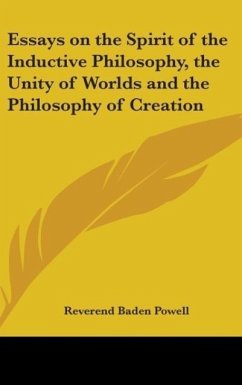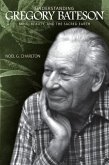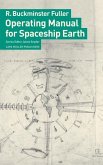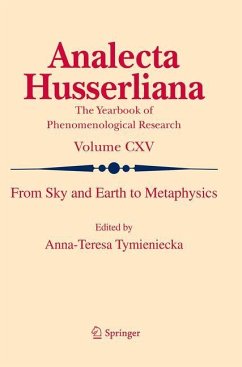Novelty is real. Cause-effect relationships come into existence that cannot be attributed to repetition of the relationships that came before them. This idea is relevant to everything from historical sciences, philosophy, religion, to our own subjective experience. But why, in the most general possible sense, do new things happen? It is argued here that novelty results from a kind of "symbiosis" between systems that function in similar ways, but are made from different stuff. Similarly, novelty within consciousness derives from an interactive overlap between logical thought that is representable in language, and subjective thought that is not. These ideas are developed through a consideration of a conceptual history of the new, a logical formalization of how novelty occurs, a discussion of the relevance of novelty to scientific questions surrounding Earth, life and consciousness, and an integrative reading of the respective philosophies of Ludwig Wittgenstein and Martin Heidegger.
Hinweis: Dieser Artikel kann nur an eine deutsche Lieferadresse ausgeliefert werden.
Hinweis: Dieser Artikel kann nur an eine deutsche Lieferadresse ausgeliefert werden.

